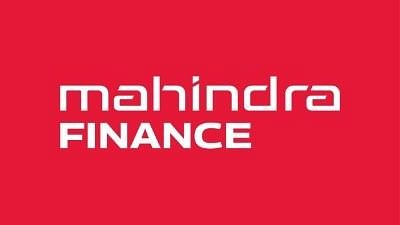
Mahindra Finance net profit declined.
Credit. X/@MahindraFin
Mumbai: Mahindra Finance, a non-banking lender focused on auto finance, on Tuesday reported a 12 per cent decline in standalone net profit to Rs 553 crore for the December quarter.
Loan disbursals during the quarter rose 25.5 per cent to Rs 97,048 crore, the company said.
On a consolidated basis, the company's net income declined 6 per cent to Rs 623 crore from Rs 664 crore and the total income rose 23 per cent to Rs 4,137 crore.
Last year, the write-back provision was higher, and given the improving asset quality, there wasn't much benefit this time.
Adjusted for this, net profit would have grown 20 per cent on year, Ramesh Iyer, Vice-Chairman and Managing Director of the company, told PTI in an earnings call.
The company gets 34 per cent of its business from financing Mahindra & Mahindra vehicles, 26 per cent from non-Mahindra passenger vehicle financing, 15 per cent each from tractor and pre-owned vehicles financing and the rest from three-wheeler, Iyer said.
More than 90 per cent of the business is from vehicle financing, mostly to rural customers, he said.
Its asset quality improvement continued in the third quarter of the current fiscal with gross stage 3 book coming down to 4 per cent from 4.3 per cent, while gross stage 2 & 3 books declined to 2 per cent and 3 per cent, respectively, from 10 per cent a year ago.
This brought down net Non-Performing Assets (NPAs) by 30 bps to 1.5 per cent, Iyer said, adding that the provision coverage is 62 per cent.
Better asset quality and rising interest rate regime pushed up its Net Interest Margin (NIM) to 6.8 per cent from 6.5 per cent.
About the November 21, 2023 Reserve Bank of India circular that asked banks to set aside higher capital at 125 per cent for their exposure to non-banks, up from 100 per cent earlier, he said it is yet to have an impact on the company.
Also, when fully implemented, it will at best be a 15-20 bps hit on the cost of funds.
He also said given the better asset-liability management, the company might not be borrowing too much from banks going forward.
Currently, around 54 per cent of the funds come from banks, and the rest from other sources such as NCDs, securitisation, and deposits.
It has Rs 8,419 crore with a liquidity chest of over 2.5 months.
Iyer also sounded confident of meeting the credit cost reduction target to 1.5-1.7 per cent for the full year.
On a standalone basis, total income rose 21 per cent to Rs 3,490 crore, while net interest income rose 10 per cent to Rs 1,815 crore and the net margin rose to 6.8 per cent on year.
The March quarter is the busiest for the company as farmers get payments from January, Iyer added.